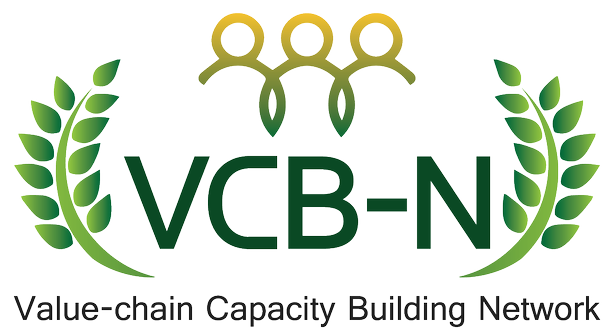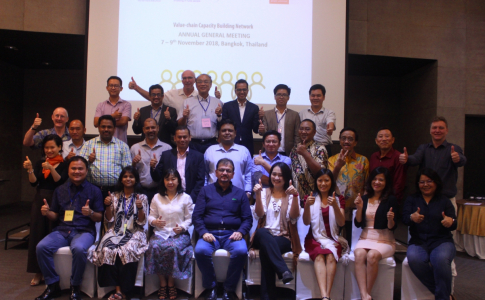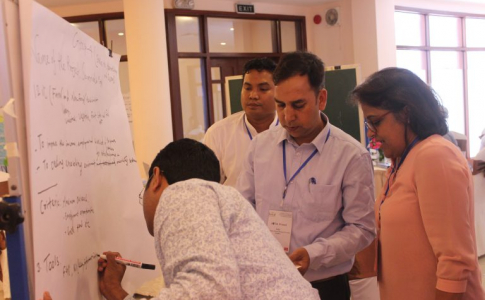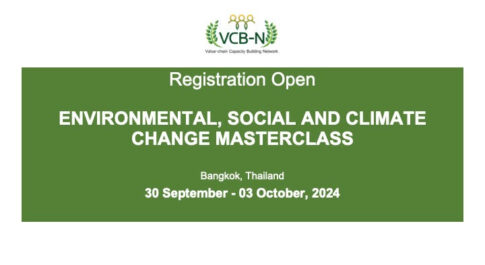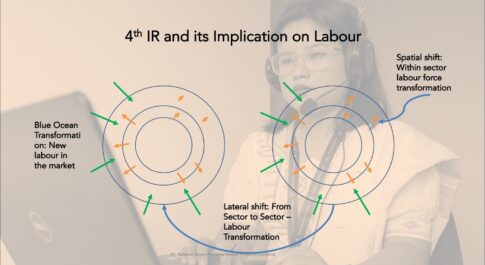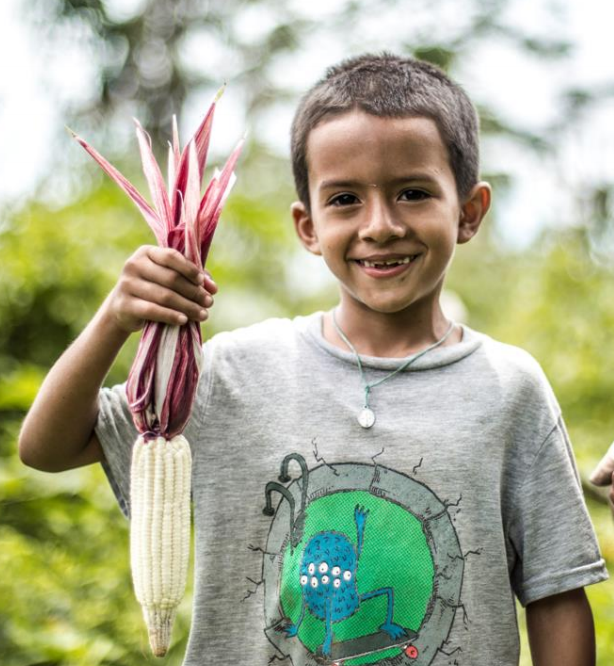
Events
VCB-N Organizes the Training of SECAP Trainers in Bangkok for IFAD’s SUSTAIN Project
 From the 6th to 9th of May, 2024, a comprehensive Training of Trainers (ToT) session for IFAD Project SUSTAIN’s SECAP (Social, Environmental and Climate Assessment Procedures) was held in Bangkok, focusing on the operationalization and implementation of IFAD’s SECAP standards. The training took place with the collaboration of partners like Helvetas and VCB-N, aiming to equip participants with the necessary knowledge and skills to effectively integrate SECAP standards throughout IFAD project cycles. Held in a dynamic and engaging environment, the session attracted 38 participants from 16 countries from Asia and the Pacific Region, West Central Africa and East and Southern Africa, bringing a diverse range of experiences and expertise in environmental and social compliance, project management, and sustainable development.
From the 6th to 9th of May, 2024, a comprehensive Training of Trainers (ToT) session for IFAD Project SUSTAIN’s SECAP (Social, Environmental and Climate Assessment Procedures) was held in Bangkok, focusing on the operationalization and implementation of IFAD’s SECAP standards. The training took place with the collaboration of partners like Helvetas and VCB-N, aiming to equip participants with the necessary knowledge and skills to effectively integrate SECAP standards throughout IFAD project cycles. Held in a dynamic and engaging environment, the session attracted 38 participants from 16 countries from Asia and the Pacific Region, West Central Africa and East and Southern Africa, bringing a diverse range of experiences and expertise in environmental and social compliance, project management, and sustainable development.
The participants, who hailed from various backgrounds including IFAD’s Project Management Units (PMUs), environmental and social safeguard specialists, and government officials, were introduced to the intricacies of SECAP standards. The trainers, renowned experts with extensive experience in environmental and social compliance, climate change, and stakeholder engagement, provided in-depth insights and practical tools. Their rich background and practical knowledge ensured that the training was both comprehensive and applicable to real-world scenarios.
The purpose of the ToT was to enhance the capacity of these participants to implement and operationalize SECAP standards effectively within their respective projects and countries. The SUSTAIN project aims to foster sustainable practices, ensuring that IFAD’s initiatives are environmentally and socially compliant, thus promoting long-term project sustainability. By focusing on early identification of national Environmental Impact Assessment (EIA) processes, contextualization of SECAP standards, and robust stakeholder engagement, the training aimed to address common challenges and streamline the implementation process.
A significant portion of the training covered climate change, stakeholder engagement, and grievance redress mechanisms (GRMs). Participants were taught to grasp climate risk processes from micro to macro levels, emphasizing the importance of gender perspectives and community-specific issues. Effective stakeholder engagement was highlighted as an ongoing process, vital for resource optimization and fostering project ownership. GRMs were presented positively as feedback mechanisms that require skilled human resources and adequate financial support to be effective, contributing to continuous institutional learning and project design improvement.
In conclusion, the ToT for SECAP was a highly informative and impactful session, providing participants with practical tools and insights for enhancing environmental and social compliance in projects. The training’s focus on contextualization, stakeholder engagement, climate change, and continuous improvement through GRMs and impact assessments will significantly enhance the sustainability and effectiveness of IFAD projects. The collaborative and dynamic approach of the training ensured that participants are well-equipped to implement and operationalize SECAP standards effectively, fostering a culture of continuous learning and improvement.
You may want to read
